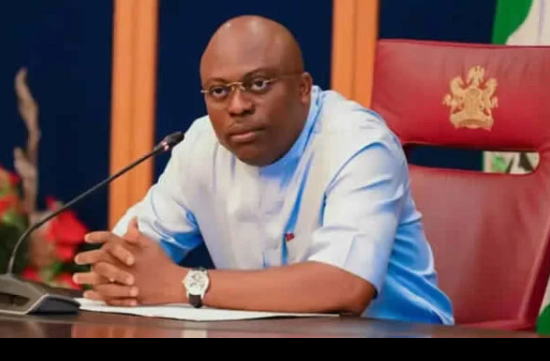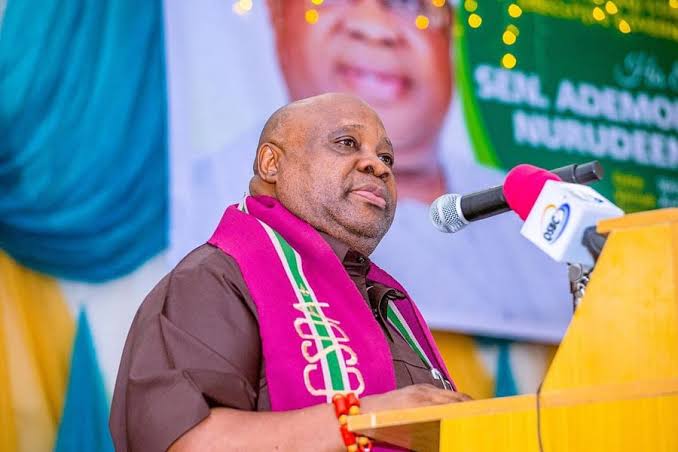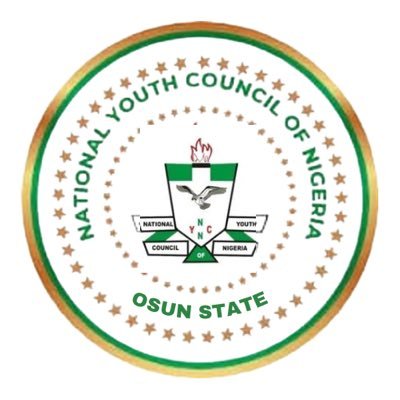The Minister of Marine and Blue Economy, Adegboyega Oyetola, on Tuesday said the the Federal Government will support the indigenous ship owners as the ministry is set to embrace the Public-Private Partnership (PPP) models to transform the sector.
He said the PPP initiative will not in anyway impede the growth of local players but rather provide an avenue for them to create and extract more value from the sector, especially through ship construction, maintenance, and repairs.
The Minister made these disclosures at the ministry’s first Stakeholders’ Roundtable Engagement on Advancing Sustainable Development in Nigeria’s Marine and Blue Economy sector, held in Lagos.
According to the minister, the forum was convened to bring together players in the sector to discuss and chart a roadmap/direction that will advance the industry’s potential, promote sustainable Blue Economy investments and ensure global competitiveness within the sector.
He noted that the model, a collaborative synergy between the private sector’s efficiency and the public sector’s oversight, will bring about transformative impact on the marine and blue economy as well as boost the creation of substantial job opportunities and the facilitation of increased trade and investment in the nation, reinforcing the ministry’s collaborative and forward-looking approach.
Some areas of discussion at the Roundtable bothered on strengthening the Blue Governance; Transforming Port Operations; Enhancing Port Infrastructure; and Promoting Blue Economy Investments.
Oyetola said, “There is an urgent need for a collaborative effort to brainstorm and devise strategies to leverage our marine resources for the betterment of the economy and safety of our planet. It is imperative we come up with practicable ways of ensuring that our Inland Rivers, Lakes and Waterways are well utilised for cargo shipment and passenger transportation.
“This Engagement Forum is crucial to the development of the sector as it offers an opportunity for us all to collectively contribute our perspectives, ideas and offer relevant inputs that can propel the sector to the trajectory of success necessary to support the development of the economy as well as meet the expectations of Mr. President who took the courage to open up Nigeria to focus on the Blue Economy Value Chain.
“The zeal for a better life for Nigerians propelled President Bola Ahmed Tinubu GCFR to recently unveil 8 Presidential Priorities to address critical national challenges. These priorities are to be delivered through 8 focus areas, namely: economic growth, food security, energy and natural resources, infrastructure development, security, healthcare, education, improved governance, and job creation.
“Our Ministry though new, is not resting on its oars and has continued to foster Inter-Agency collaborations and implement initiatives to promote Port efficiency, cargo shipment, maritime security and tap into the resources of the Seabed.
“The ministry’s decision to consider the re-establishment of a National Shipping Line, through a strategic PPP arrangement, is borne out of our desire to capture a substantial share of the estimated $10 billion annual ship charter market within the country.
“This initiative will not seek to impede the growth of local players but rather to provide an avenue for them to create and extract more value from the sector, especially through ship construction, maintenance, and repairs. This would enable our local businesses to better leverage the Carbotage Act, which gives Nigerians the exclusive right to control locally generated seaborne trade.
“Other anticipated outcomes include the creation of substantial job opportunities and the facilitation of increased trade and investment in the nation, reinforcing our collaborative and forward-looking approach”.
The Minister who said he is acquainted with the sector’s challenges, assured of his commitment to “bequeathing to Nigerians a better sector than we have met today”.
He assured that the Stakeholders’ Engagement will be a continuum, “since it is important that we normalise this harmonious synergy and work together to ensure that our industry is safe, reliable and sustainable”, Oyetola concluded.
Advertisement





